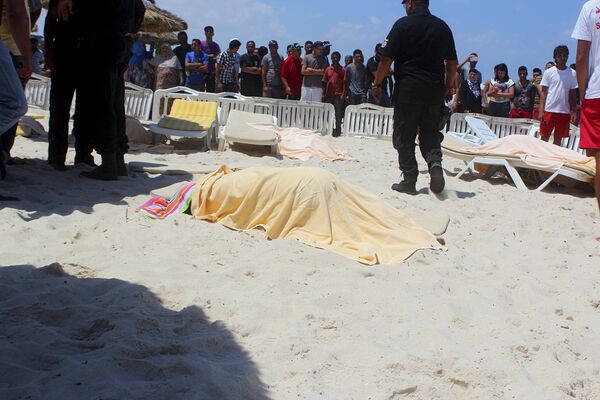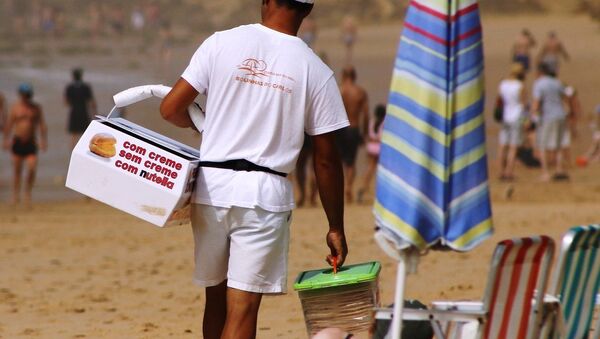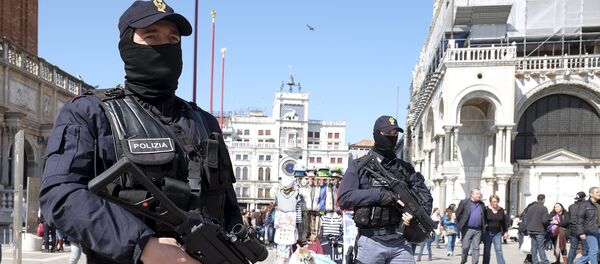According to German security services, bombs could be buried in the sand under sun loungers.
Last summer, Daesh gunman Seifeddine Rezgui walked onto a beach in Tunisia, armed with explosives and an AK47 gun, hidden inside a parasol in the resort of Sousse. 38 tourists were killed, 30 of them Britons.

The latest warnings came as Rob Wainwright, director of Europol — the EU's law enforcement agency — delivered a speech at the World Counter Terror Congress in London (WCTC).
Other speakers included Minister of Security John Hayes MP, former foreign secretary Sir Malcolm Rifkind and Mark Rowley, London Metropolitan Police Assistant Commissioner and leading counterterror police chief, as well as Jamie Shea, NATO's deputy assistant secretary general for emerging security threats.
#SCTX16 will focus on 7 key #security capabilities. Register today: https://t.co/fj31XorbqT pic.twitter.com/reci3PifCM
— SCTX16 (@ct_expo) April 15, 2016
The WCTC also features the for professionals from the public and private sector to peruse the latest surveillance equipment, high security fencing, done technology and cybersecurity technology from more than 240 vendors.
According to Jamie Shea, Daesh militants are working on making bombs inside human bodies and hacking driverless cars.
The Italian security services who reportedly briefed German intelligence officials on the latest terror threat to tourists on the Mediterranean coast this summer suggest the Daesh militants have links with militants from Nigerian terror group, Boko Haram.




